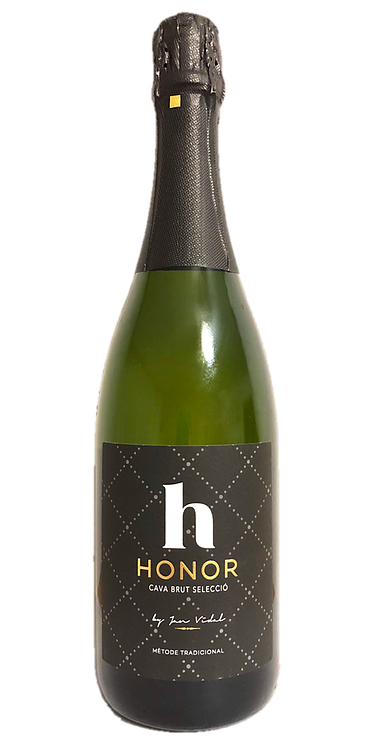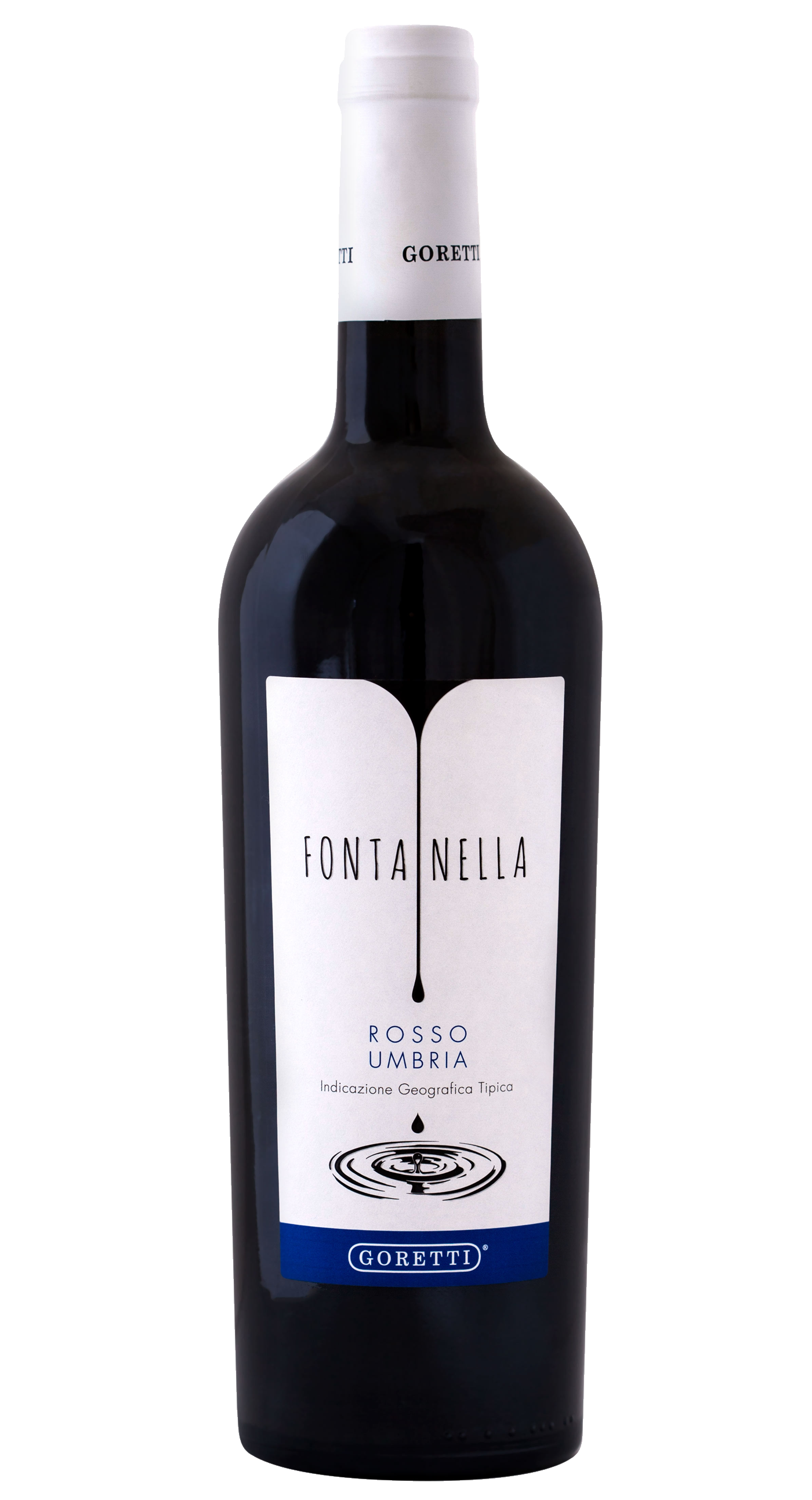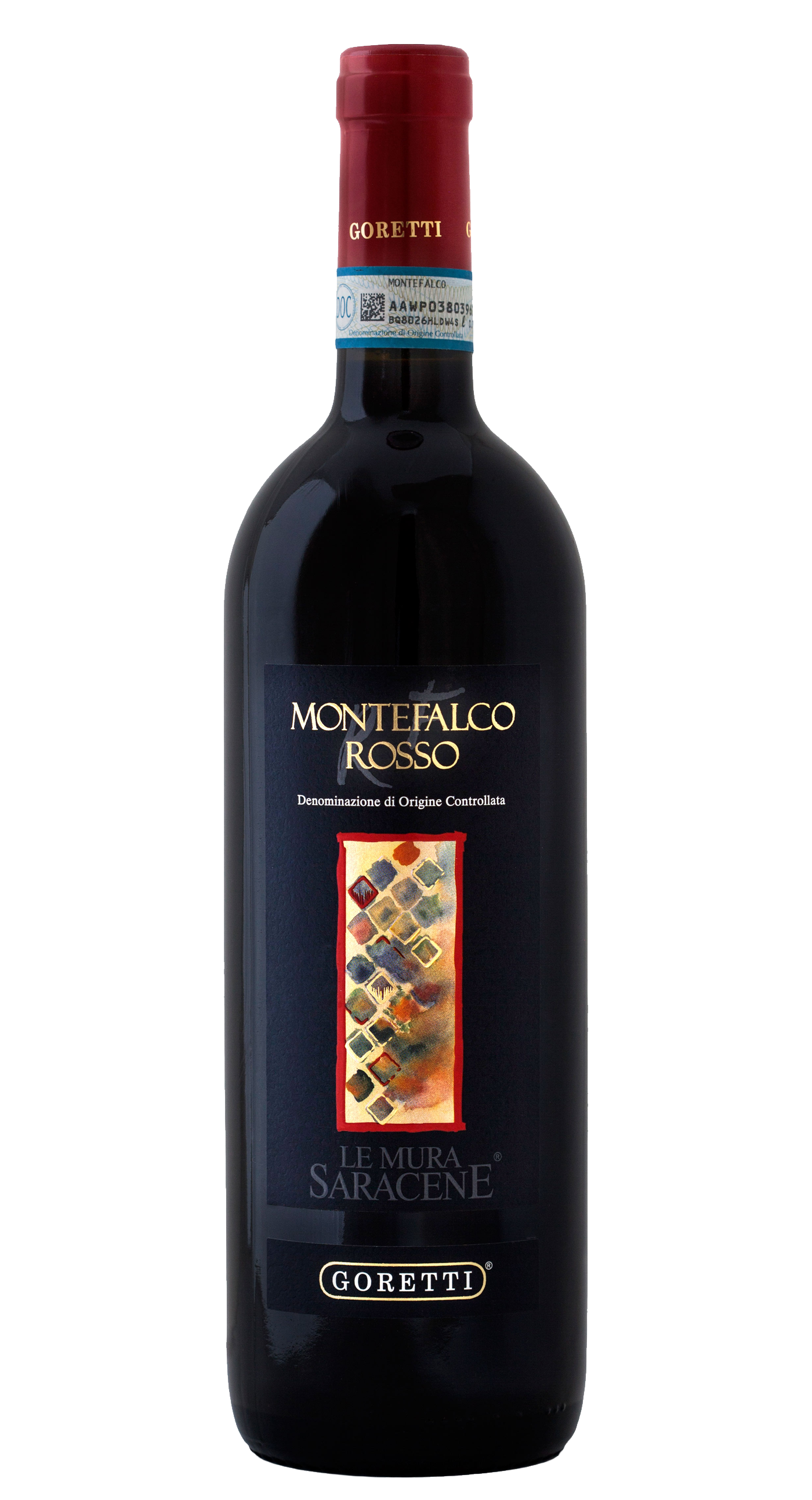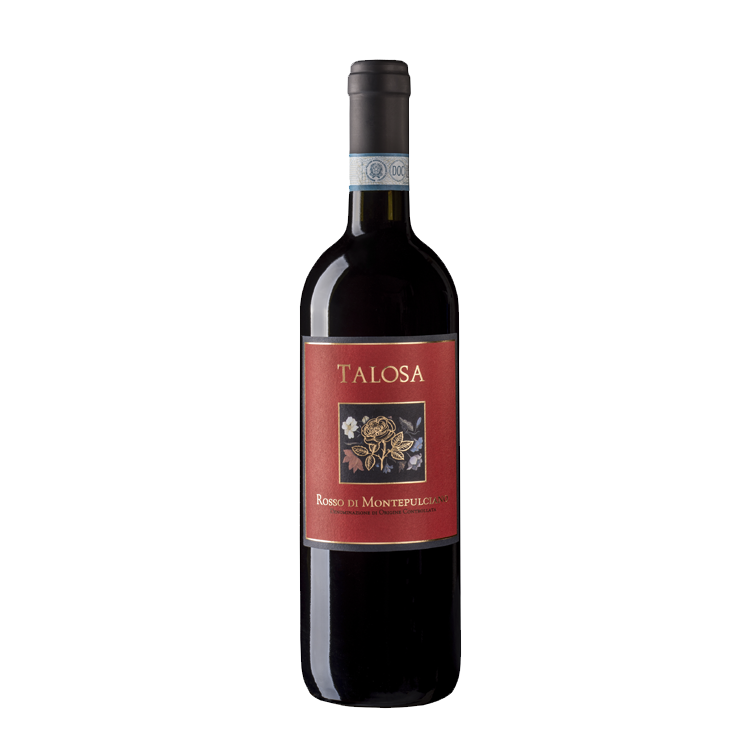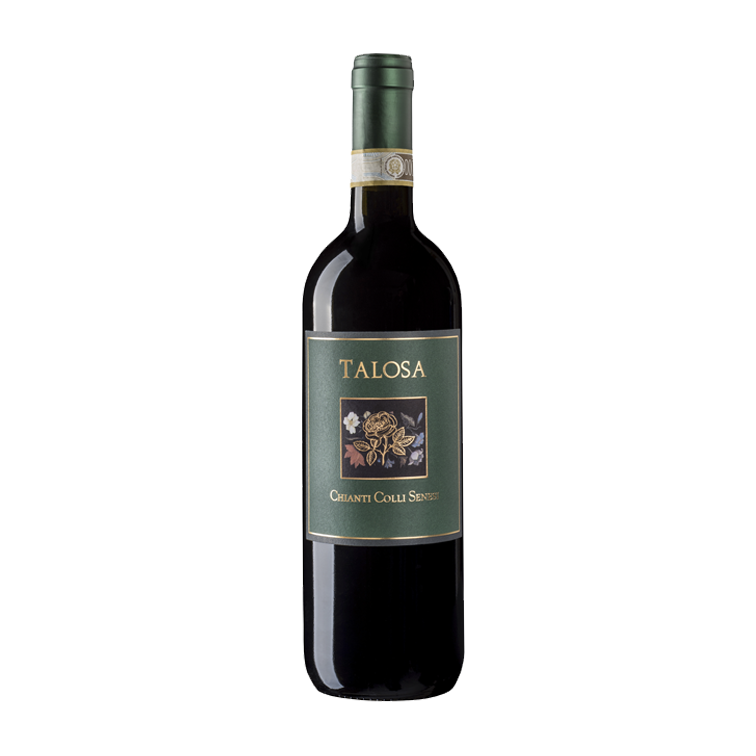Wine and Health: a union that dates back millennia.
Does drinking wine provide any health benefits? A great question with a lot of varying answers, so let us start at the beginning…
The relationship between wine and health dates back thousands of years to ancient times. Egyptians mention using wine for health purposes in hieroglyphs and Sumerian tablets from 2,200 BCE record wine as the world’s oldest human made medicine. From the times of the ancient Greeks and Romans through the Middle ages people used wine for a variety of health related purposes such as relieving pain, cleaning wounds, killing bacteria in drinking water, and digestive aids among others. The Greek physician Hippocrates, the “father of medicine”, was a big advocate of wine’s health benefits and even experimented with it to discover which wine would work best with a particular ailment. He also promoted it as a base for mixing medicinal drugs into and for tonics to make them more palatable. Sharing similar beliefs and views include Babylonian kings, Persian doctors, and Catholic monastics.
“Wine is an appropriate article for mankind, both for the healthy body and for the ailing man. ”
Despite the deep origins of wine’s health benefits, modern medicine and our understanding of the human body has come a long way since the days of Hippocrates. So what evidence is out there today to support wine has health benefits. Sadly, articles like one glass of wine can replace an hour at the gym or that it burns fat just aren’t true, but that doesn’t mean all hope is lost. Besides the water, alcohol, and acid in wine the rest that remains of wine’s composition is polyphenols. These are naturally occurring plant micronutrients that provide flavors, tannins, and color pigments. There are thousands of compounds in this category but one that is very familiar to us is antioxidants. Polyphenols contain a subset of antioxidants which are known for neutralizing free radicals in our bodies that are very reactive and unstable. Antioxidants are proven to help lower incidences of cardiovascular disease and type 2 diabetes. Another important polyphenol is procyanidins which is a type of tannin found in green tea and dark chocolate and is specifically linked with inhibiting cholesterol plaque in blood vessels potentially resulting in better heart health and longevity. Keep in mind that these health benefits only occur when drinking in moderation. Drinking too much outweighs these benefits with increased health risks.
What is considered drinking in moderation? Most professionals consider moderation as 1 glass a day and 8-12 drinks a week.
“Wine is the foremost of all medicines: wherever wine is lacking, medicines become necessary. ”
Some wines are better/healthier for you than others. Here are a few things to look for:
-
Lower alcohol is better than higher alcohol. Try looking for wines with 13% abv or lower.
-
Higher tannin wines tend to have higher levels of antioxidants. Tannins are typically only found in red wines (sorry white wine drinkers) and add to the mouthfeel of a wine. Examples of highly tannic wines are: Sagrantino, Tannat, Cabernet Sauvignon, Syrah, Merlot, Sangiovese, Montepulciano and Nebbiolo.
-
Younger wine is better than older wines as tannins are most prominent in youth and fade over time.
-
Dry wine instead of sweet wine.
-
Sulfite levels are lower in red wine than white wine.
Sources:
https://winefolly.com/tips/facts-about-red-wine/
https://www.winespectator.com/articles/understanding-wine-polyphenols-health-benefits
https://winefolly.com/deep-dive/wine-and-health-a-bio-psycho-social-perspective/


